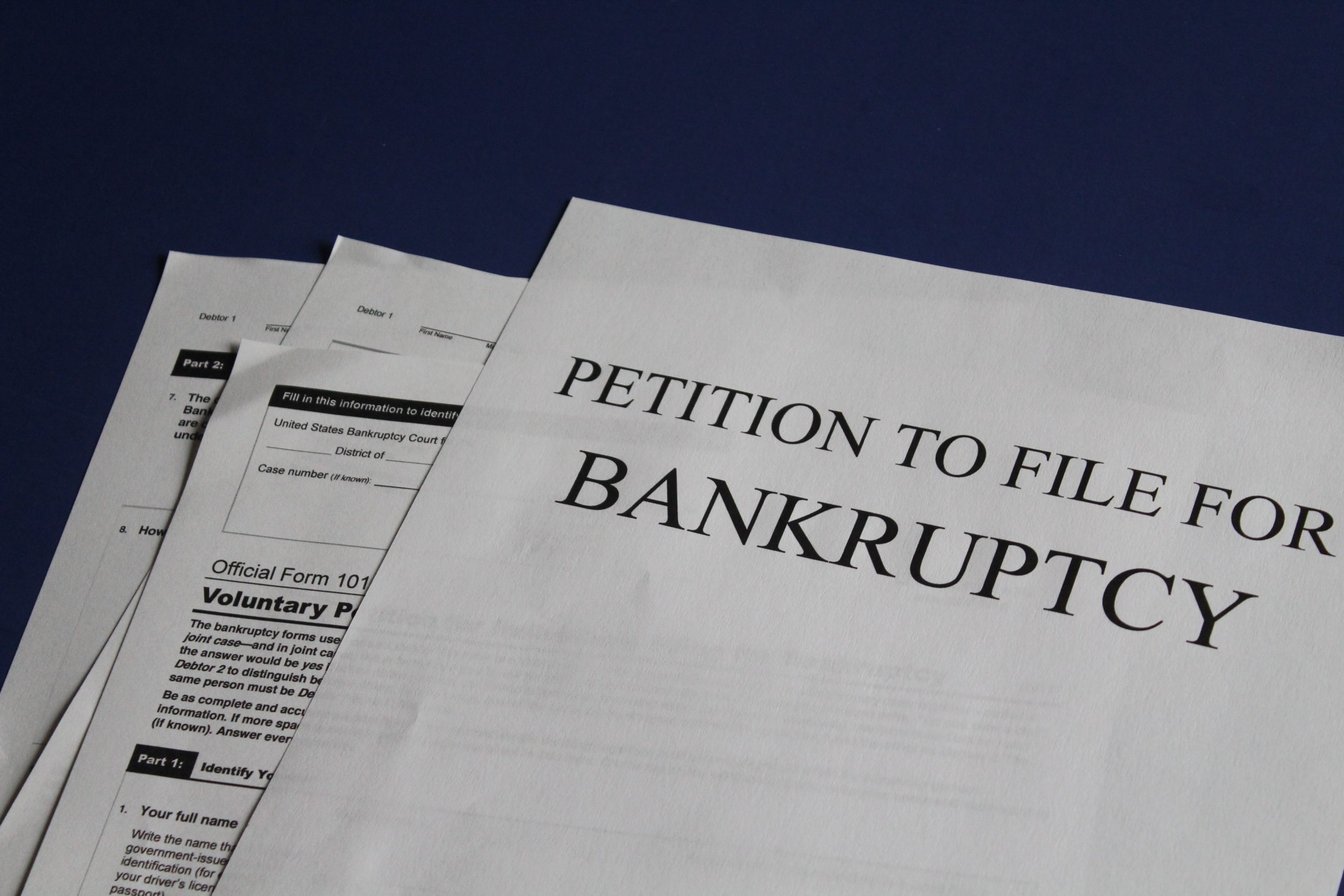Is Bankruptcy a Viable Option for You?
How Bankruptcy Helps Your Future Finances
Interviewer: Let’s say you’re getting rid of $50,000 in debt. One question you could ask yourself is how long would it honestly take you to make that money and pay that back? I’m sure the answer for most people is, never, or ten years. So, in a way, filing bankruptcy sort of propels you forward financially.
Paul: Absolutely. Many people who I meet with, they’ve reached that conclusion because they’ve been paying and paying and paying. They just reached the point where they recognize that doing it this way, “I’m just not going to get anywhere and I have young children. Maybe I want to start preparing for their college and my concern is that I’m just not going to be able to have the available assets because I have to keep paying on these unsecured debts.”
So, I think everybody’s circumstances–well, everyone’s are somewhat different. I think oftentimes, what you just described is exactly the situation that people reach. They say, “As much as I wanted to, I paid on these forever, and I’m looking and I’m still basically at square one and I can’t stay there indefinitely. I have to move on with my life for various reasons.” Sometimes it’s not only younger people. Sometimes it’s older people who say, “I can’t be concerned. I’m moving into retirement years. My whole life can’t be spent worrying about paying unsecured creditors with their outrageous interest rates.”
Debt Consolidation Programs
Paul: And one other thing I’d add is, over the years of doing this, I’d say particularly, maybe, the last seven or eight years, debt consolidation programs have popped up, and they’re really, very rarely, effective vehicles for people to accomplish what they want to accomplish.
Unfortunately, I think, that’s why there’s been a good deal of legislation trying to outlaw certain debt consolidation programs. The ones that aren’t outlawed, they have a lot of disclaimers now that have to be presented. This is because most times, they’re not told that even if–I really believe, in most cases, they’re preying upon people’s best intentions. People don’t want to feel like they are avoiding the debt. They want to feel good about, “I’m paying back of my debt.”
But, unfortunately, what they’re doing is they’re not telling people that they can’t force creditors, like a Chapter 13, or even certainly a Chapter 7, but they can’t force a creditor to accept a certain amount. So, they might be dealing with ten creditors, five might agree to participate, and then I’m meeting with somebody who, after they’ve already paid in $4,000 or $5,000 or more, a great percentage of which is going to the debt consolidation company, they’re now being sued by two or three of the creditors who aren’t agreeing to participate. So, now they paid this money and they’re still getting sued, and now they’re filing a Chapter 7 or Chapter 13 bankruptcy, and the money that they paid is gone.
So, when I meet with the person, generally I’ll say, if I believe they’re appropriate for bankruptcy, I’ll say, “Whether you use myself or another firm in the area that’s reputable, please just really think long and hard before you participate in a debt consolidation program.”
Do Debt Consolidation Programs Hurt Your Credit?
Interviewer: Yes. I’ve heard the debt consolidation companies say it’s better than a bankruptcy and it won’t hurt your credit as much.
Paul: And that’s absolutely not the case. Number one, it’s more damaging to your credit because the debt consolidation company, most times, are not addressing all the creditors. So, while the others are coming up as being delinquent, there’s some now who are not even being paid at all. The second thing, again, is most times, because they’re not addressing all the creditors, these debts are hanging around and, oftentimes, resulting in lawsuits, which then force a debtor into potentially filing bankruptcy after they’ve now paid out a significant amount of money.
I’ve heard tremendous horror stories over the years and, most times, these are faceless people. These are people they’re dealing with strictly on the Internet. They never meet, and there’s also an accountability issue where, if they do something that’s improper, you can’t reach them, you can’t find them.
If you’re going to bring a lawsuit, you have to bring a lawsuit in the state where they originate. Where with a bankruptcy attorney, we have a license that’s, obviously, at stake and most of us that are reputable bankruptcy attorneys. We have practiced for years, aren’t going to ever do anything, either, both from a moral standpoint but also from an ethical standpoint and also a licensure standpoint. We’re not going to put our license at risk by doing anything that would be deceptive, unlike one of these credit-counseling agencies.
Interviewer: You wouldn’t be around for 26 years if you were not ‘playing by the rules.’
Paul: Absolutely. People know where I’m located. They can knock on my door. They can come into my office. Where, again, most of these debt consolidation companies are faceless people that they’re dealing with, either by phone or on the Internet, in another state. That’s another tip that I would give, in looking for bankruptcy attorney. Please, never use an attorney that you’re not going to meet with personally. Never use one who wants to do it out of state or by phone. To me, that’s a real disconcerting thing.






























